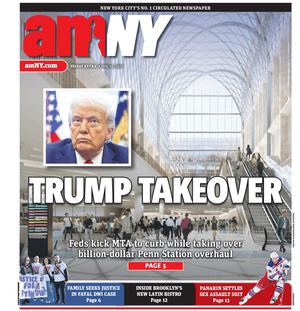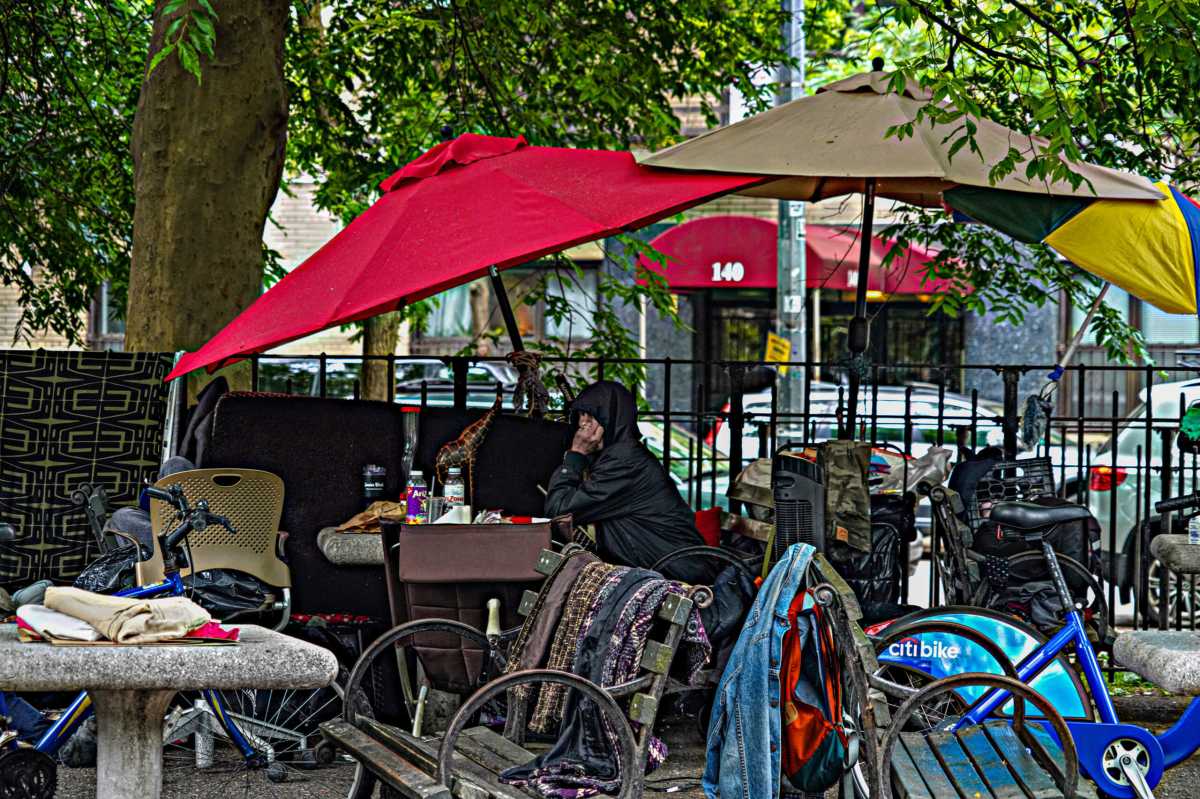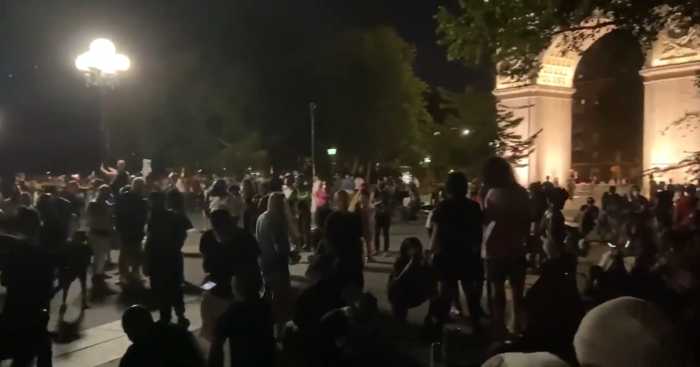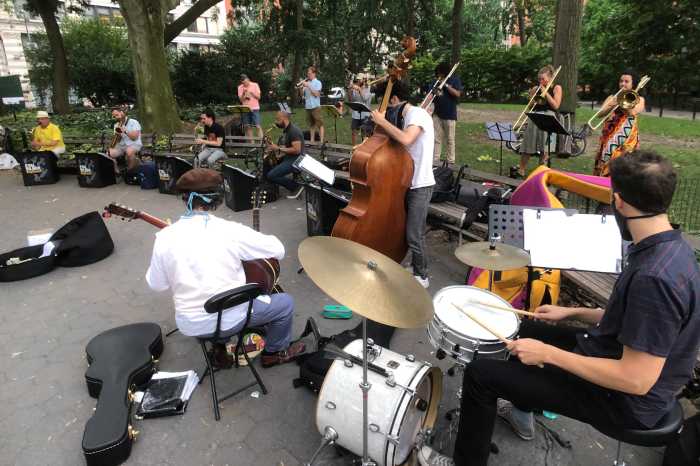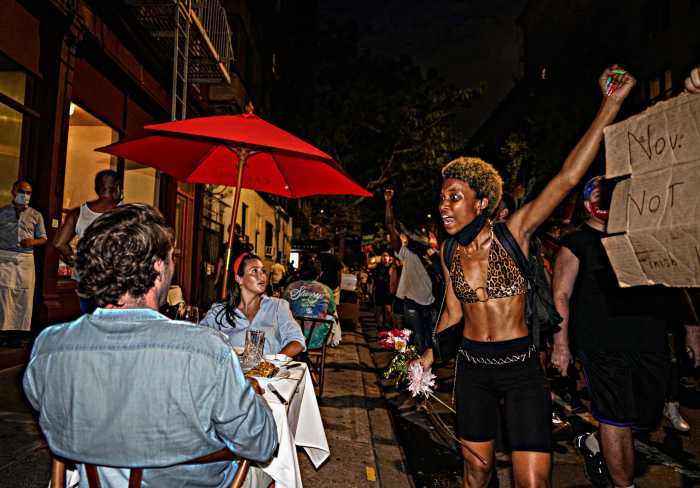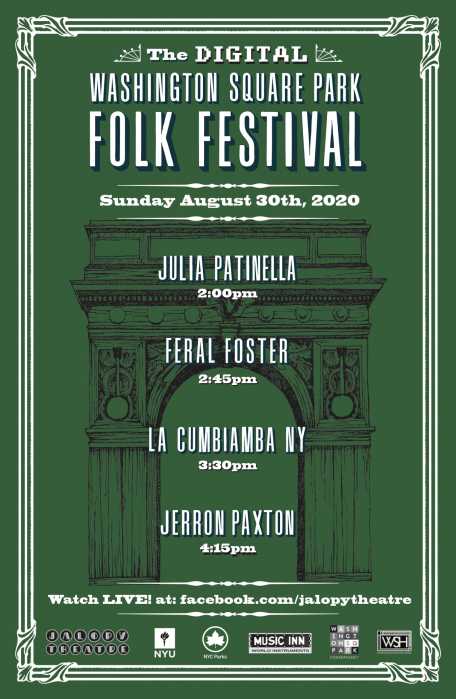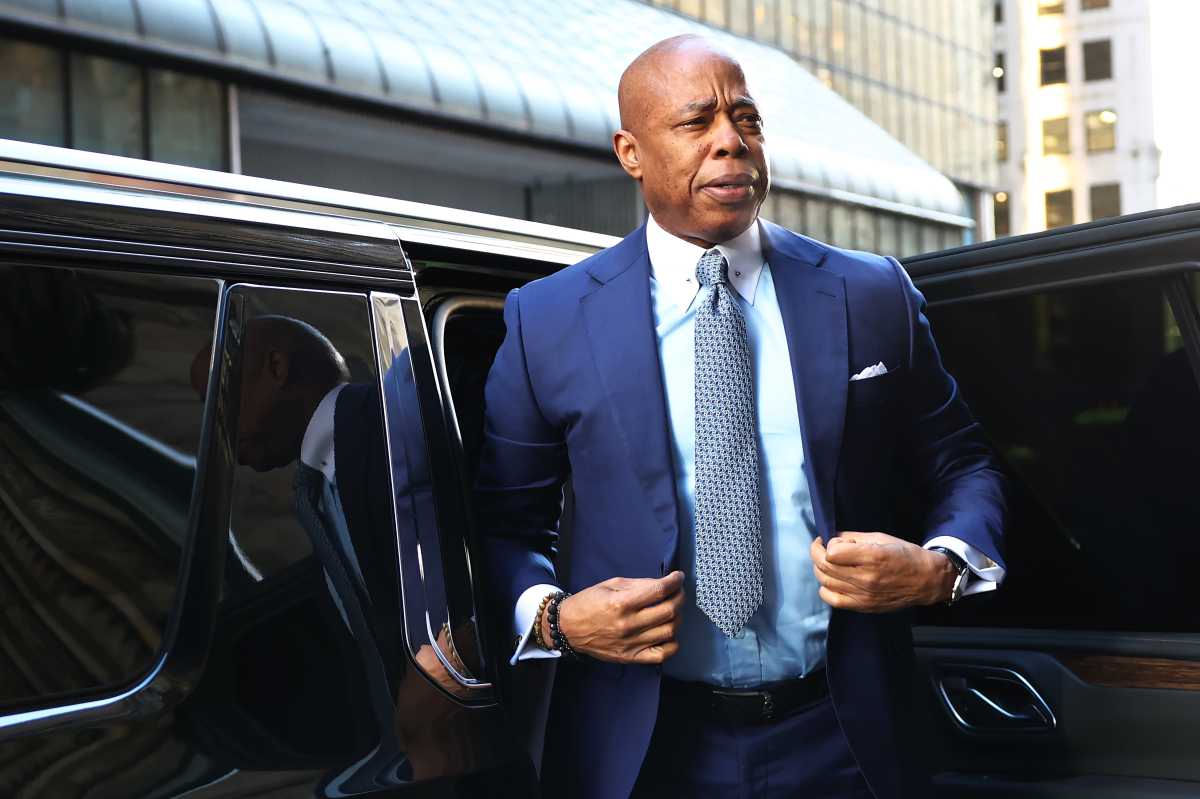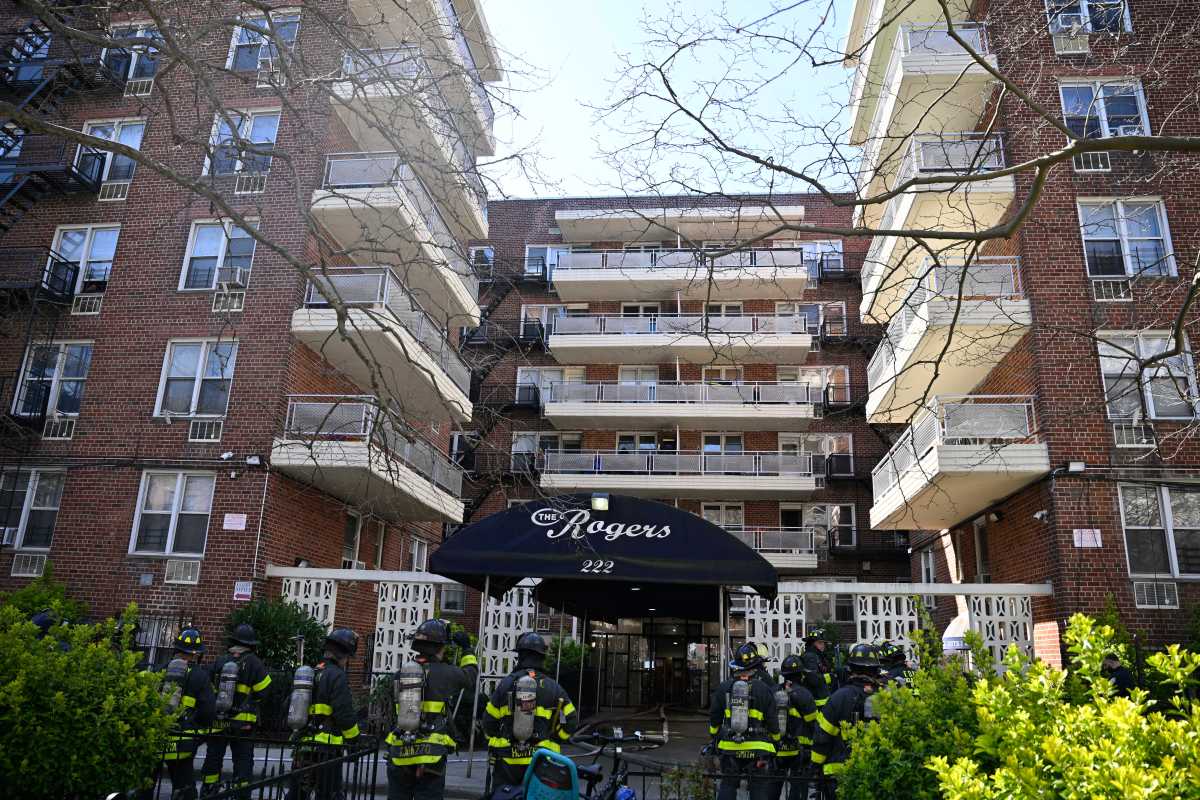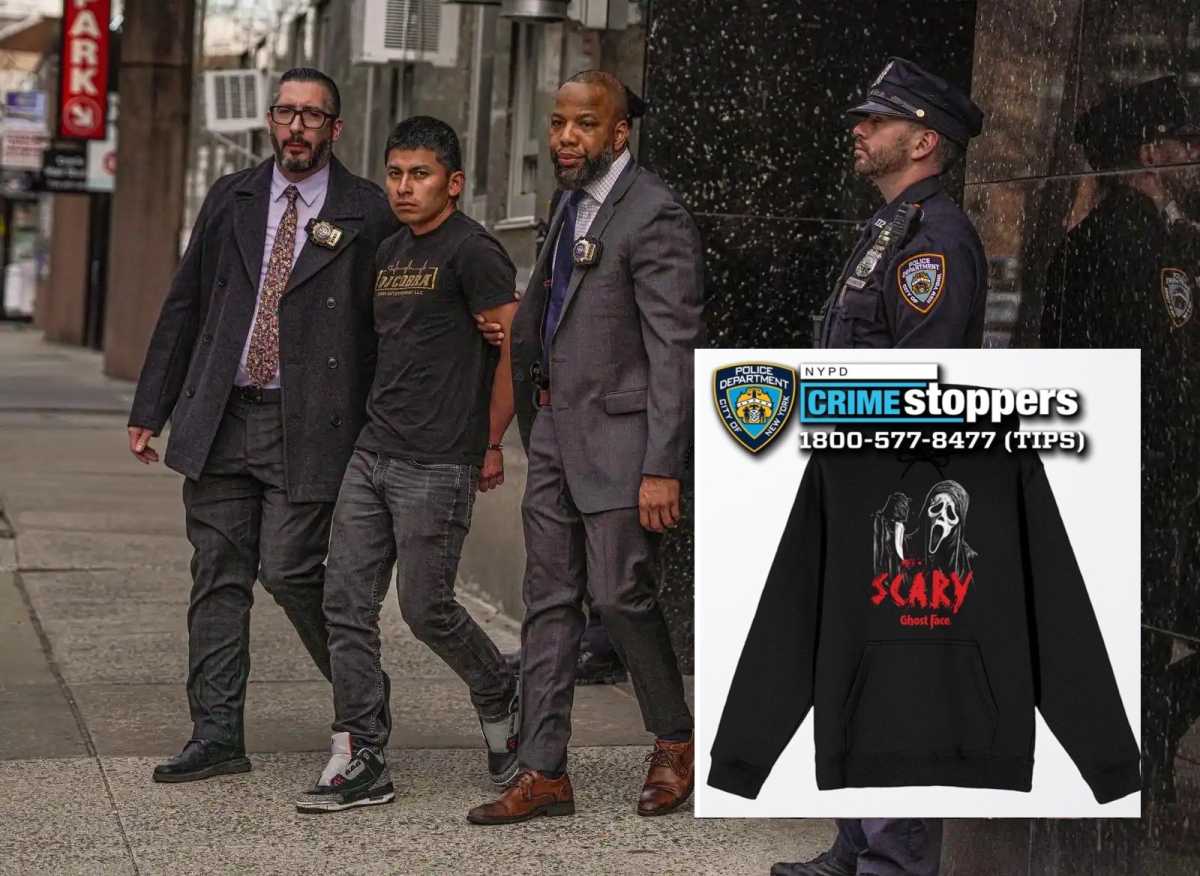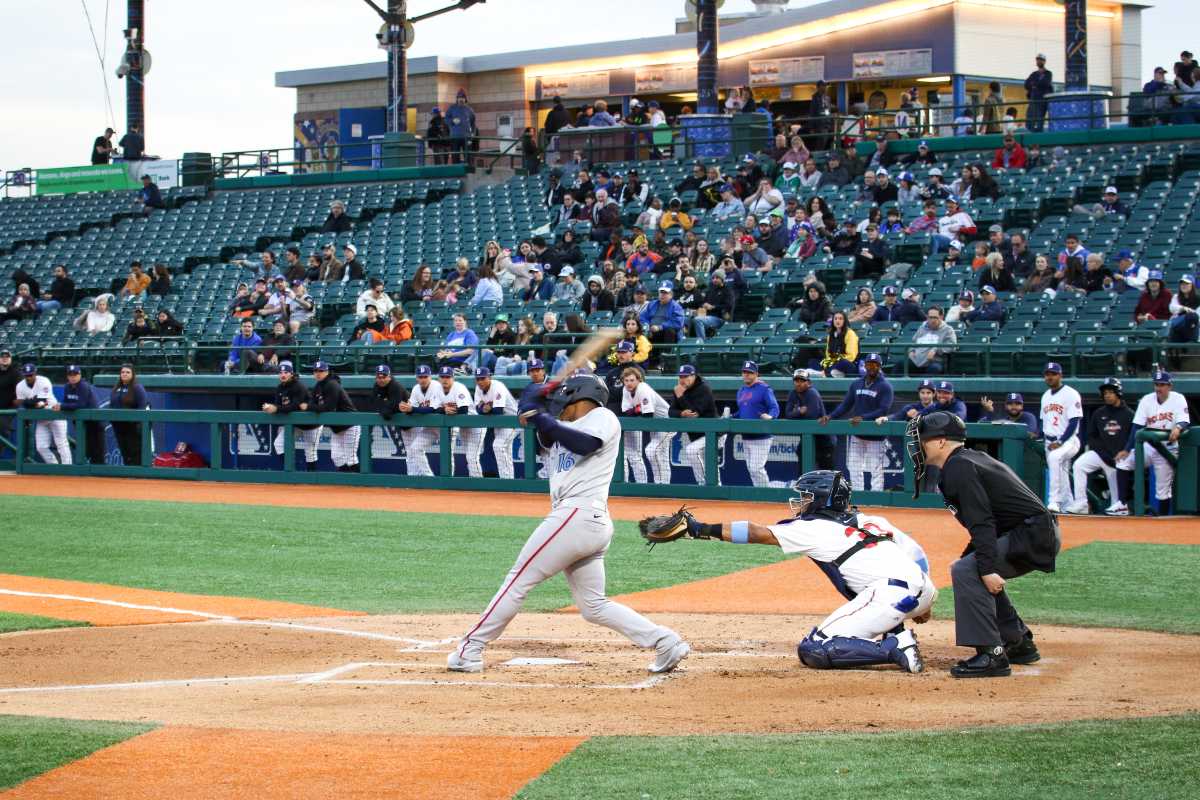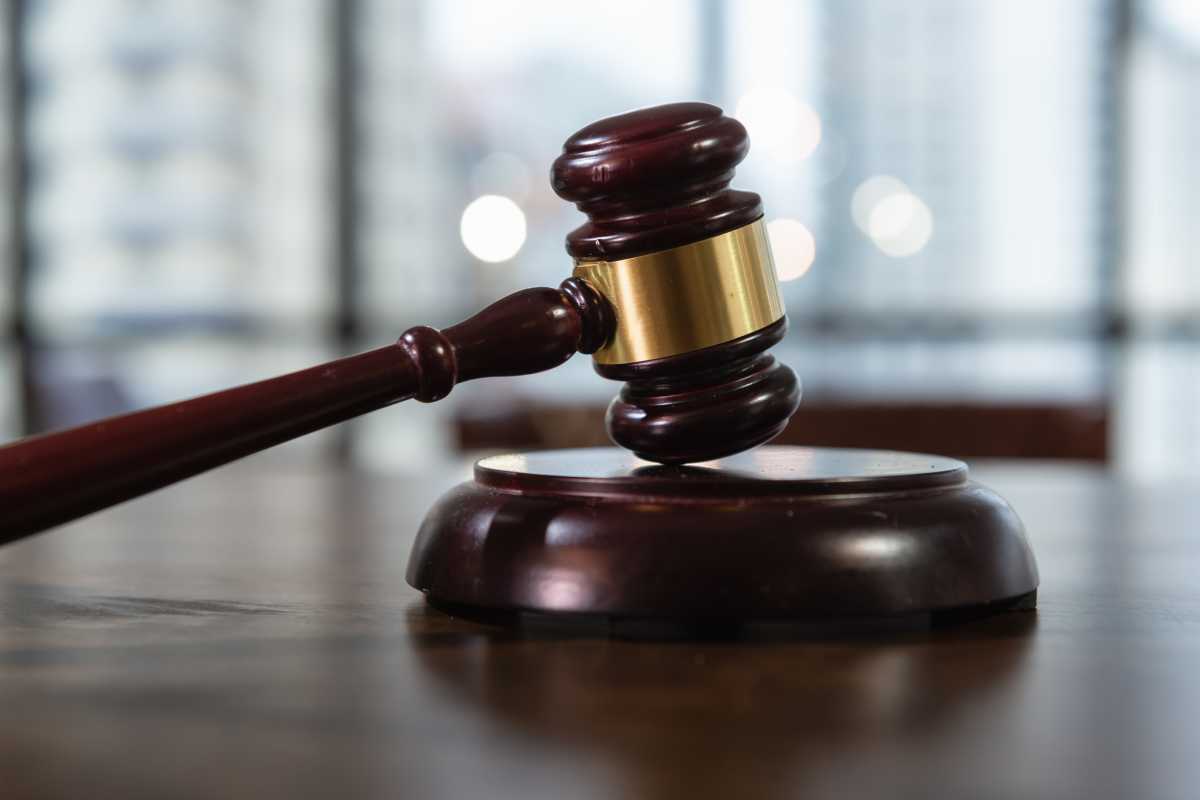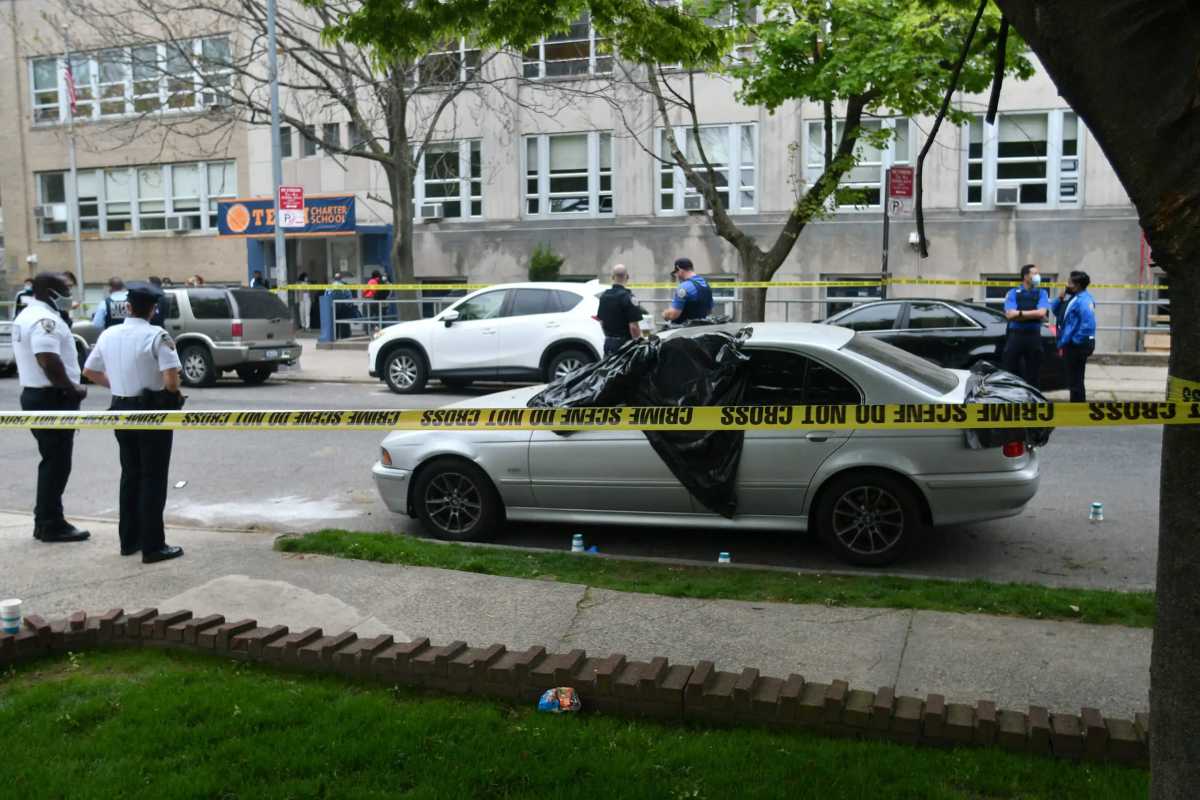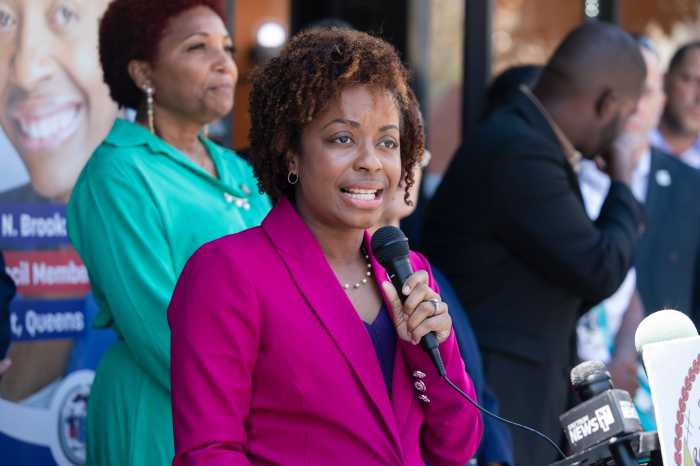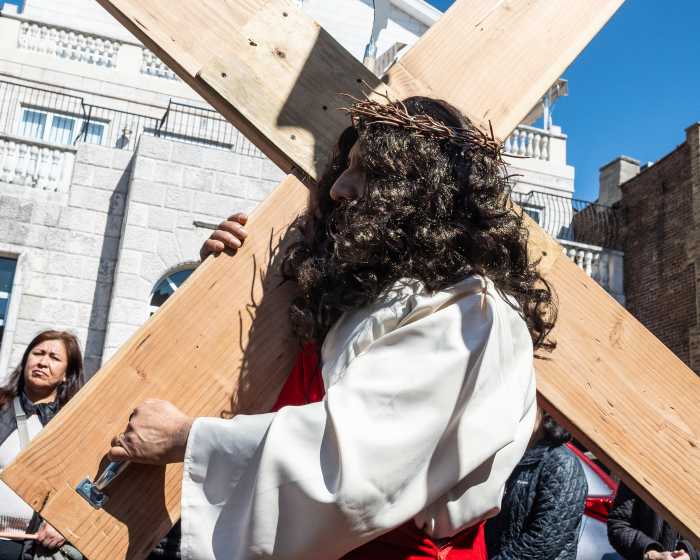Like Washington Square Park, Tompkins Square Park is one of Lower Manhattan’s most popular recreation spots. Though not as trendy as Washington Square Park in terms of college students using it as a meeting point — which further showcases the class divide — the East Village greenspace sees flocks of teens and families relaxing on its pastures almost every day.
However, the two parks do have one thing in common — a number of inebriated homeless individuals have taken up residence there.
But as many residents told amNewYork Metro when investigating the state of Washington Square Park, many do not feel intimidated when visiting the area, citing the sight of homeless and drug dependent individuals are present all over the city.
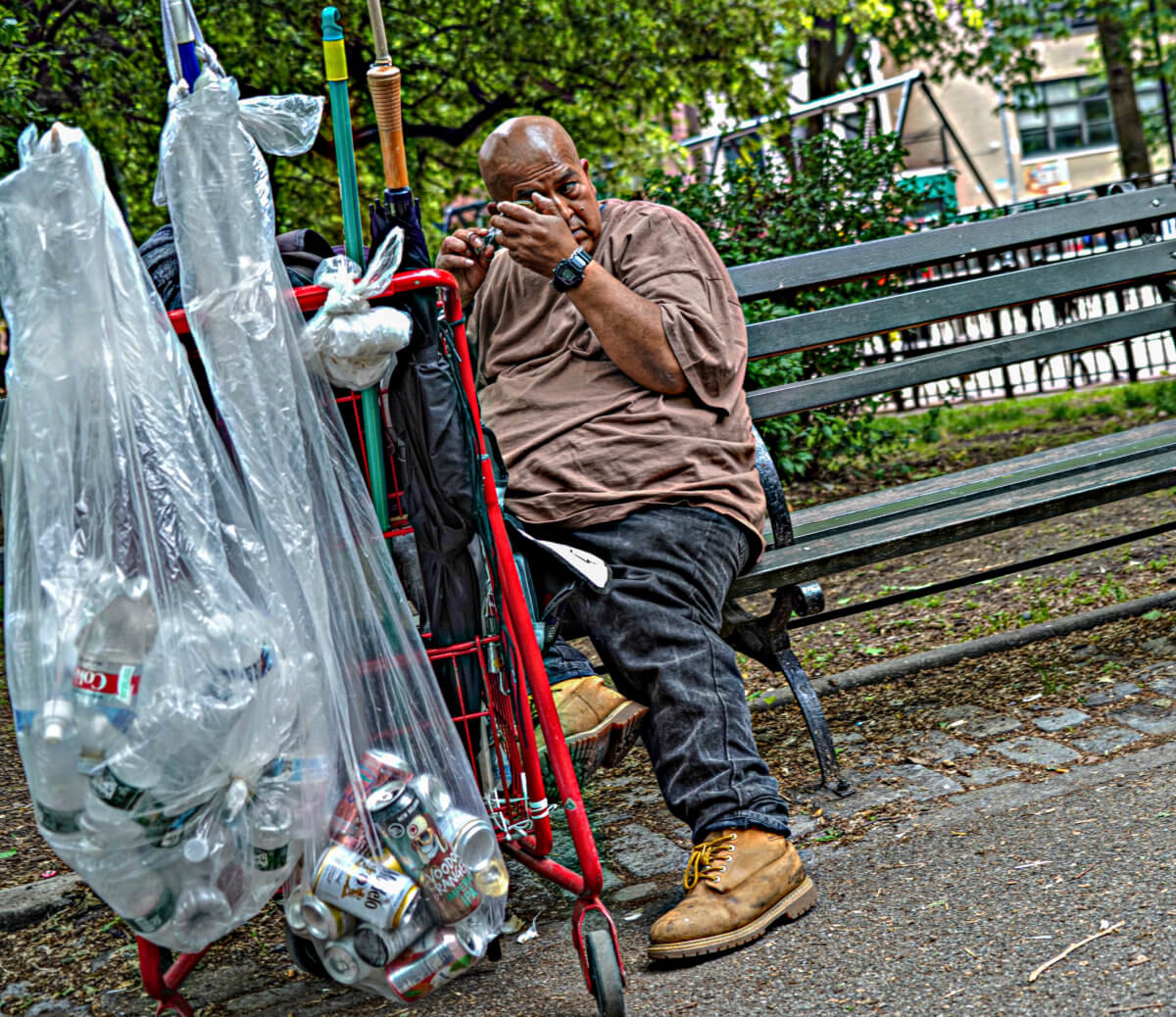
A group of teens passed through the winding paths of Tompkins Square Park’s East 9th Street entrance, laughing and going about their day without a care in the world. They say they visit this area almost every day and do not feel threatened by drifters, instead only ever experiencing an issue with what they call drunken “frat guys” who attempt to corner them and harass them.
“I don’t really see a lot, it’s just like the average New York crowd here,” Francesca Phelps said, sharing that she has heard past stories on how Tompkins Square Park was once a dangerous space; however now it’s a much sought-after location for local bands to play over the summer months.
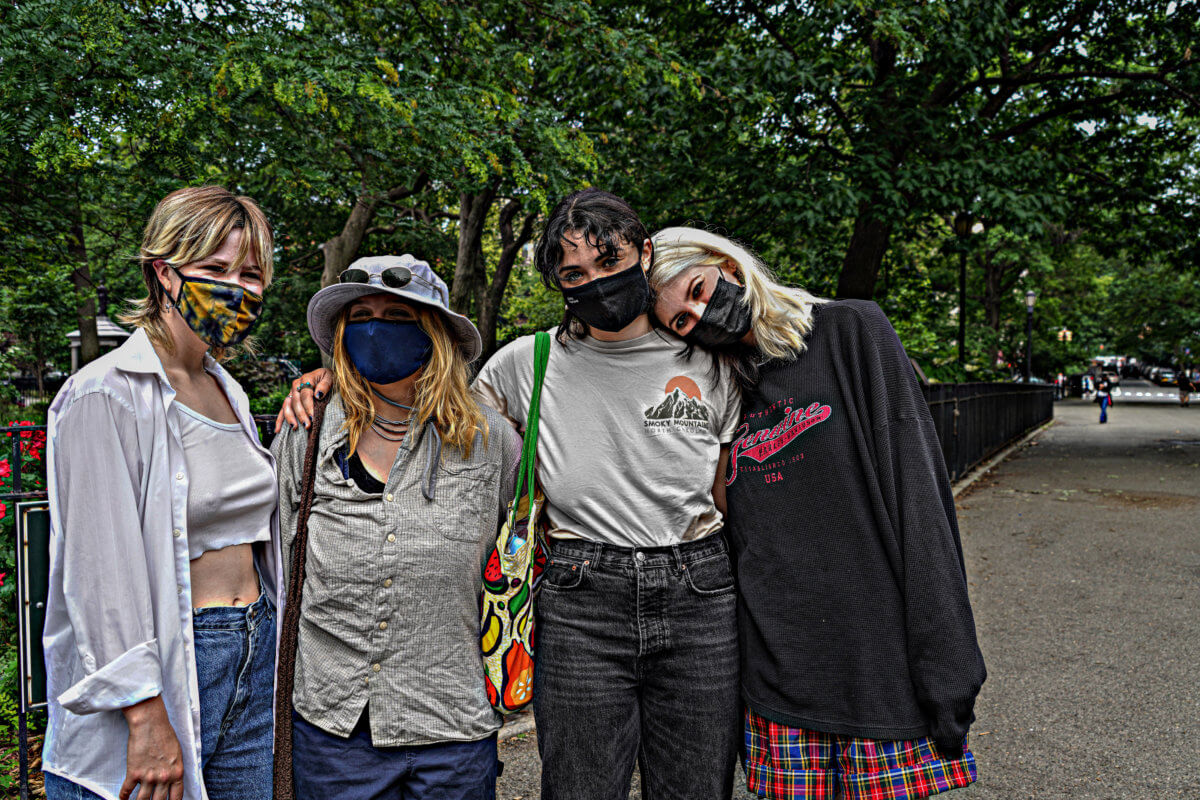
Phelps along with her friends agreed that Tompkins Square Park has more of a laid back, “chill” vibe. Looking out at a group of parents with their infant children, Phelps says that Tompkins Square Park makes her feel perfectly safe.
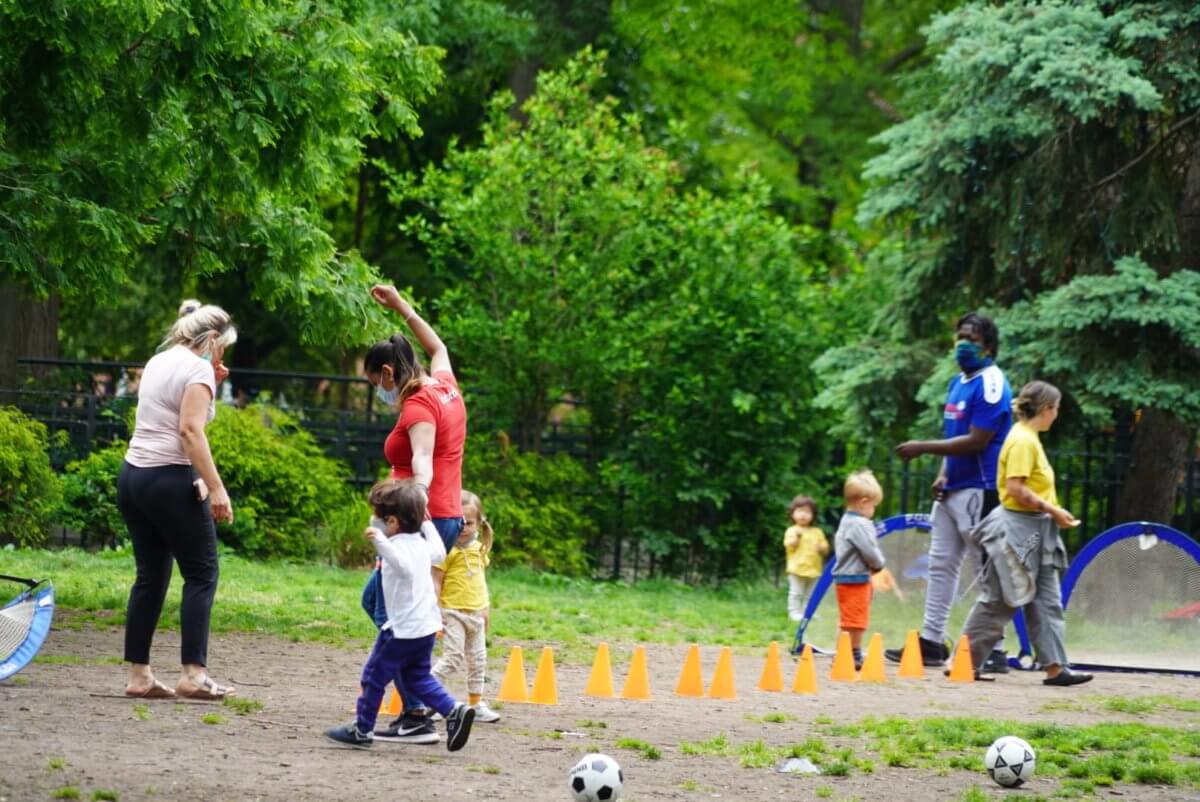
“This is a public park, it’s as much theirs as it ours,” Avery Milner said, chiming in.
Maria Lavendera and her 16-month-old son, Nico, love visiting the playgrounds within the public space. They even partake in outdoor classes with other parents to help their infant children and toddlers learn and interact.
“I really like it here. I come over here from the Bronx,” Lavendera said. “I can see there are some people who are facing difficult situations here, but I don’t feel threatened or afraid, or anything like that. I have this whole perspective; life is full of different situations, so you don’t have to let something take away from what you enjoy.”
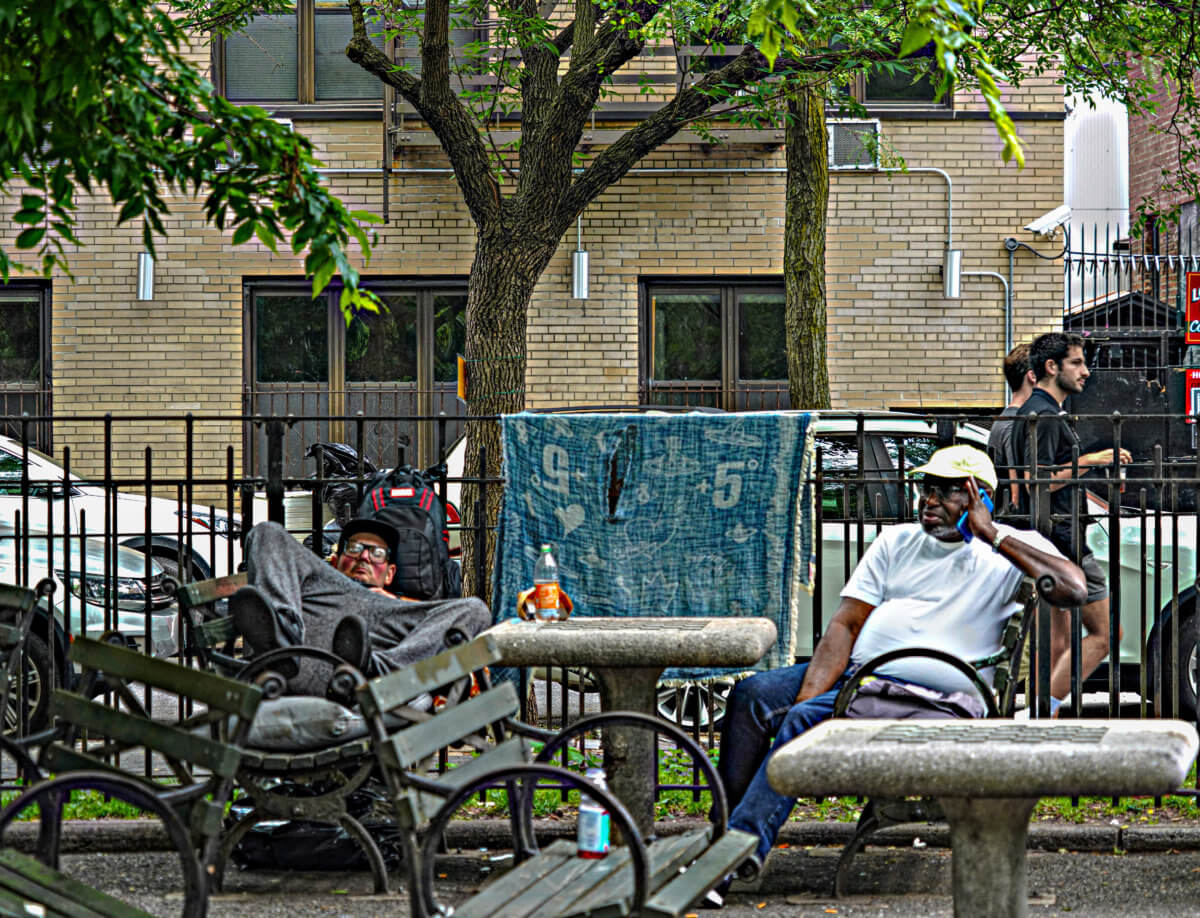
Like a mirror image of Washington Square Park, there are some individuals who are allegedly engaging in drug use, confining themselves to the East 7th Street and Avenue A sector of the park, where many locals feel they don’t bother parkgoers.
Here, blankets are strewn over public tables and chairs while objects such as portable heaters and picnic umbrellas are used to shield against nature’s wrath. With some demonizing the unhoused residents, amNewYork Metro gave the group an opportunity to speak on behalf of themselves.
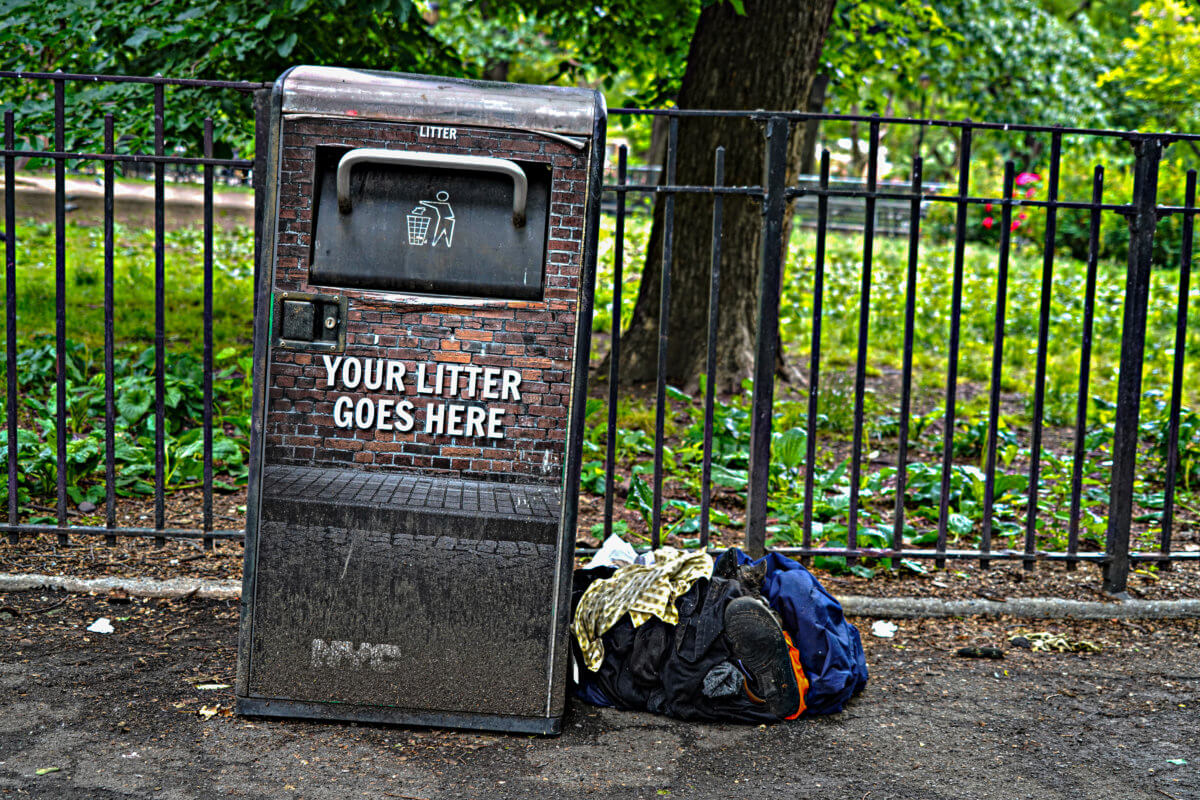
Albert Cruz spoke candidly regarding his drug use and difficult living situation. The 68-year-old shared that his addiction has caused him to lose an excessive amount of weight, and while this is a battle he is still fighting, at Tompkins Square Park he is just trying to find a place to survive.
“What’s happening with me, I’m still sniffing, I’m just trying to come more off it than go into it,” Cruz said, “It’s sad, I lost so much weight.”
As some point the finger of blame at those suffering from drug addiction and homelessness as a plight on parks, New Yorkers themselves are citing the lack of access to resources to care for them as the real plague.
